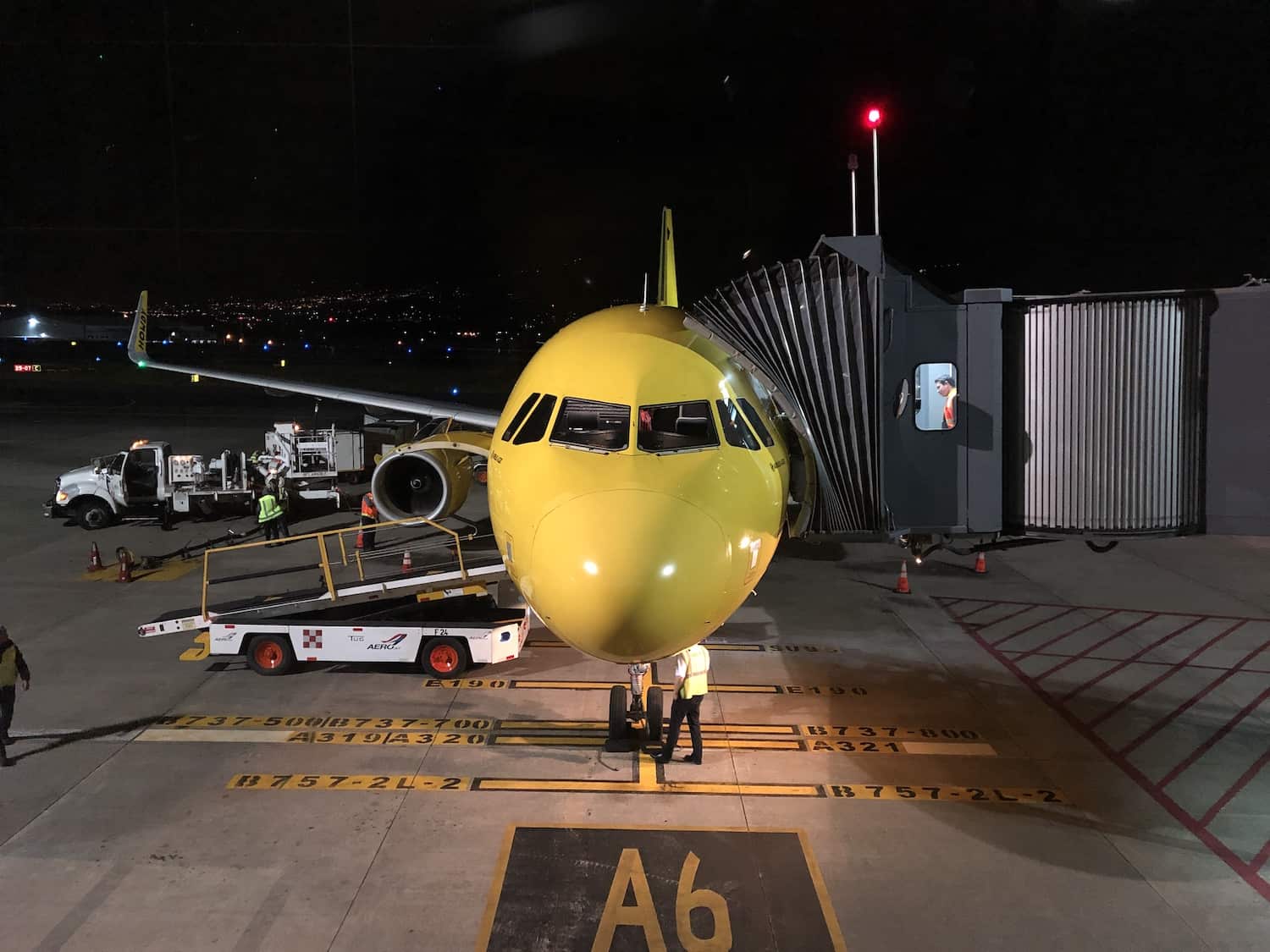Costa Rica will welcome tourists who obtain any qualifying travel insurance policy, even if the policy was not purchased through the National Insurance Institute (INS), The Tico Times has learned.
Previously, tourists were obligated to purchase a policy through INS. Local chambers and international groups alike criticized the limitation.
But a document written by Gustavo Segura, Costa Rica’s Tourism Minister, and obtained by The Tico Times indicates that travelers now have more options to secure their trip. The news has since been confirmed by the Costa Rica Tourism Board (ICT) and has been ratified in an official decree.
Starting immediately, international tourists entering the country will be allowed to do so with a travel insurance policy that meets the following requirements, according to the ICT document:
- The policy is valid throughout their scheduled visit to Costa Rica.
- It covers medical expenses in Costa Rica related to COVID-19 of at least $50,000.*
- It includes a minimum coverage of $2,000 for accommodation expenses related to COVID-19.
The ICT will be in charge of verifying that foreign policies meet Costa Rica’s requirements. Details about that process will likely be announced Thursday.
*Editor’s Note: The original decree required that a policy cover only $20,000 worth of medical expenses. While we are not aware that this has formally been changed, the ICT document listed $50,000 as the minimum for a non-INS policy. We are awaiting further clarification from ICT.
In the document reviewed by The Tico Times, Segura outlined some of the measures ICT will require of tourists who purchase foreign travel policies:
- The Costa Rica Tourism Board will receive a request from the tourist. That request must include:
- A signed declaration indicating the policy meets the requirements.
- Proof from the insurance company indicating the policy covers the tourist(s).
- Tourists will receive a response to their request within 24 hours on workdays, or 48 hours on weekends/holidays.
- If the policy does not meet the requirements, the tourist will be notified. They will have 24 hours to correct the issue, or they can purchase a plan that has been pre-approved by the General Insurance Superintendency.
- If the policy meets requirements and is approved, ICT will send the tourist a QR code that must be shown to Costa Rican immigration authorities at the airport. The relevant documents from Step 1 must also be submitted as part of the digital Health Pass that is required for all travelers.
We’ll write an updated story when the official workflow for non-INS insurance policies is announced.
As of August 1, Costa Rica has opened its airports to commercial flights from select countries. Obtaining valid travel insurance is among the many entry requirements.
Visitors still must come to Costa Rica from an approved country (Canada, the European Union and the United Kingdom) and present proof of a negative coronavirus test.
The INS policy — initially the only qualifying option for visitors — drew heavy criticism due its high premiums and redundancy for foreigners who could purchase travel insurance elsewhere.
“It will dissuade people from traveling to the country,” said Peter Cerdá, the International Air Transport Association’s (IATA) Regional Vice President for the Americas.
INS president Róger Arias Agüero said the institute is exploring ways to lower its premiums.
“Our only interest is to contribute to the revival of tourism, provide protection to foreigners who visit the country and avoid — as much as possible — the saturation of public health centers,” he said.
Costa Rican health authorities have argued that imported coronavirus cases “are one of the biggest risks” the country faces in its fight against the pandemic. Tourism, however, is an important economic driver and represents 8.2% of GDP, according to official data.
In August, Costa Rica has opened most beaches until 2:30 p.m. daily and has reopened most national parks. Rental cars are exempt from vehicular restrictions, and open-air tourism activities are permitted.
As of Wednesday, the country has announced 191 COVID-19-related deaths. Nearly 400 people are currently hospitalized, saturating one major public hospital.






